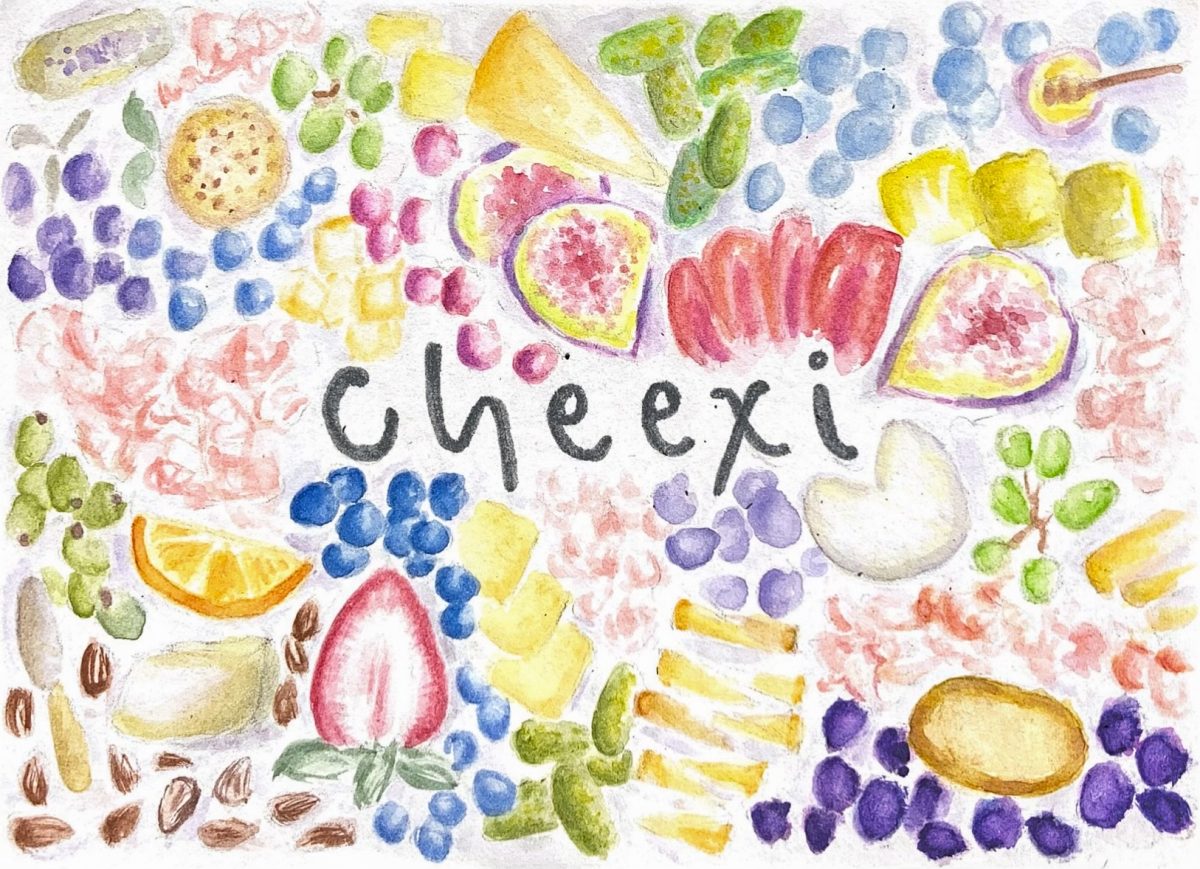
As Thanksgiving approaches, it’s easy for teenagers to feel more self-conscious about their bodies and diets. I was reminded of this when a video titled “Most Aesthetic 15-Year-Old” caught my attention. The man in the video was at least 20 years old with biceps the size of cantaloupes. The most liked comment was short and simple: “Wish I looked like you, bro.” The honesty of this statement was heartbreaking, and it is safe to assume that this comment came from a teenage boy, comparing themselves to an adult influencer. I empathize with this comment—the comparison to an influencer’s unrealistic appearance was the exact struggle that my friends and I have anguished over, just with different standards. For women and girls, having a flat stomach was the beauty standard. For men and boys, this is replaced with defined abs. No matter what the standard was, it instilled the destructive idea that teen’s bodies are never good enough. In fact, normal teenage bodies have become stigmatized.
This topic is especially relevant this time of year. With Thanksgiving coming up, concerns over body image and weight are magnified. At an event centered around eating with company, comments regarding how much is on your plate and how you look compared to last year can dictate if you are able to enjoy yourself or not.
Social media has also greatly influenced teenagers to try changing their bodies to look “better.” This phenomenon affects both women and men. However, there have been less reports as to how men are affected by body standards. According to a study conducted by Biomedical Central, the prevalence of weight gain attempts in males to promote muscle building was up to nearly one third in the US. This can be attributed to the fact that social media surrounds users with imagery of very muscular grown men. Comparing one’s own body to such unreachable standards is unavoidable. However, these comparisons rarely result in positive motivation, just insecurity. A high school boy who is still growing physically cannot resemble a man solely focused on gaining muscle by any healthy means.
Additionally, working out and eating for the sole purpose of muscle growth can be detrimental to the physical development and the health of teenagers in general. A method called “bulking and cutting” has become especially popular amongst teenage boys. Bulking is the process of eating large quantities of food to gain weight, such as doubling your meal portions. This is followed by a “cut” during which you eat significantly less than your usual intake in order to see muscle definition; in other words, the exact opposite of a “bulk.” To a certain extent, this process may be helpful for those seeking to gain healthy weight. However, on social media, this process has been pushed to the extremes, as some influencers have promoted consuming as little as 1,000 calories per day to show more muscle definition. For a teenage body, this kind of disordered eating can be harmful to growth and normal development. According to the CDC, an active teenage boy needs 2,600 to 3,200 calories per day and girls need 2,200 to 2,400. Starving yourself to see muscle definition is not sustainable to a growing body or one’s mental health.
There are plenty of other methods to maintain your physical and mental health. As demonstrated by several studies, having shredded abs and giant biceps is not the way to gauge health. A cross country runner is going to have a different physique than a swimmer, yet both are still active, healthy people. It is imperative to understand that your appearance as a high schooler will not measure up to unrealistic standards.
It is true that trying to gain muscle and strength can be a wonderful thing. Being active is proven to be beneficial to your mental and physical health. As long as you are working toward healthy and realistic goals, exercise and proper eating can vastly improve your quality of life.






